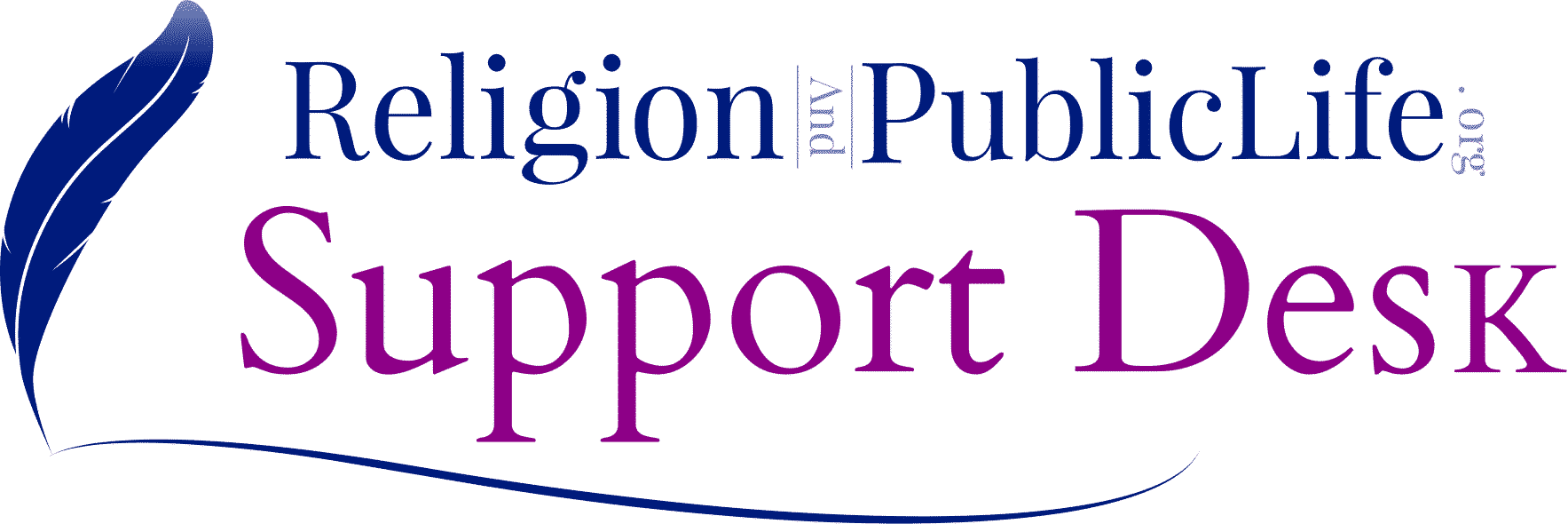Theory of Change
Religious Literacy + Legal Literacy = Peaceful Coexistence
1791 Delegates produces educational content based on the theory of change that religiously literate and legally literate leaders are uniquely positioned to promote peaceful coexistence between people of all religions and none.
The educational content on ReligionAndPublicLife.com assumes that religious literacy is more than knowing facts or trivia about religion—it is a fundamental civic competency. Religious literacy is a set of teachable skills and attitudes that equip citizens with knowledge of how religion, spirituality, and non-religion informs everyday life. This literacy also requires knowledge about the civil, constitutional, and human rights afforded to all people. In these ways, religious literacy and legal literacy are measurable skills that are needed to create informed and engaged citizens.
At 1791 Delegates, we define a religious literate leader as one who dispels stereotypes about religions, counters gross generalizations with nuanced observations, and meaningfully contributes to the civic discourse about the intersection of religion and public life. We think of religious literate leaders as antibodies in unhealthy social systems. As influencers in their professional sector, they use their knowledge and an empathic attitude to ground people in verifiable research. They not only take responsibility for defending the rights of people different from themselves but they inspire others to do the same. This is why the First Amendment and human rights educators at 1791 Delegates understand religious literacy and legal literacy to be interlocking civic competencies to promote peaceful coexistence.
In order to effectively exercise one’s legal literacy about the inalienable right to freedom of religion or belief, a leader must be both religiously literate and legally literate. By doing so, leaders help create counter-cultures in their local communities or organizations. They help their constituents heal from systems where people were or are being threatened, diminished, or made invisible for their religious or non-religious identities. In an age of demeaning rhetoric about others, we need leaders to help us make meaning of our lives. Leaders do this by helping people make meaning about the complex ways individuals and groups form and manifest their identities. They help their communities make meaning about the diversity between and within religious and non-religious groups. Religiously literate leaders apply their knowledge of both religion and the law by serving as agenda setters in the communities in which they live and work. Doing so ensures that peaceful coexistence becomes not merely a slogan but a way of life.
---
References: Nathan C. Walker, “1791 Delegate’s Theory of Change,” Philadelphia, PA: 1791 Delegates, 2020. See also: Nathan C. Walker, W. Y. Alice Chan, and H. Bruce McEver, “Religious Literacy: Civic Education for a Common Good,” Religion & Education 48, no. 1 (April 2021).
Nate Walker is the author of this solution article.
Did you find it helpful? Yes No




